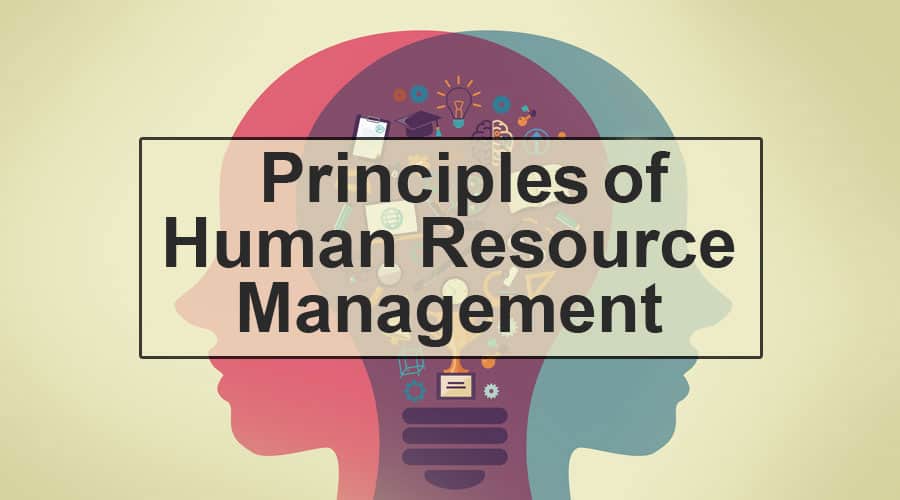In today’s dynamic business landscape, the role of Human Resource Management (HRM) has transcended from being merely administrative to strategically pivotal. The essence of HRM lies in its ability to harness the power of people – the most valuable asset of any organization. In this comprehensive guide, we delve into the core principles of HRM that serve as the cornerstone for driving success within an organization.
1. Recruitment and Selection: Building the Foundation of Talent Acquisition
Recruitment and selection form the bedrock of HRM practices. A meticulous approach to talent acquisition ensures that organizations onboard individuals who not only possess the requisite skills and qualifications but also align with the company’s culture and values. By employing strategic recruitment methodologies such as targeted job postings, leveraging professional networks, and utilizing innovative selection techniques like behavioral assessments, organizations can attract top-tier talent that propels them towards success.
2. Training and Development: Nurturing a Culture of Growth and Learning
In a rapidly evolving business environment, the continuous development of employees is imperative for staying ahead of the curve. HRM plays a pivotal role in fostering a culture of growth and learning through robust training and development initiatives. By investing in employee training programs tailored to individual needs and organizational objectives, companies not only enhance the skill set of their workforce but also cultivate a motivated and empowered workforce poised for success.
3. Performance Management: Cultivating Excellence through Feedback and Recognition
Effective performance management is synonymous with aligning individual goals with organizational objectives. HRM spearheads this process by establishing clear performance expectations, providing constructive feedback, and recognizing and rewarding high performance. Through performance appraisals, regular feedback sessions, and performance-based incentives, HRM creates a conducive environment where employees are motivated to excel, driving the organization towards its overarching goals.
4. Employee Engagement: Fostering a Culture of Inclusivity and Collaboration
Employee engagement lies at the heart of organizational success. HRM endeavors to cultivate a work environment where employees feel valued, heard, and empowered to contribute their best. By championing initiatives such as open communication channels, employee resource groups, and work-life balance programs, HRM fosters a sense of belonging and camaraderie within the workforce. Engaged employees are more likely to be productive, innovative, and committed to the organization’s mission, thereby fueling its success.
5. Leadership Development: Nurturing Tomorrow’s Leaders Today
Great leaders are not born; they are developed. HRM plays a pivotal role in identifying and nurturing leadership potential within the organization. By implementing leadership development programs, mentorship initiatives, and succession planning strategies, HRM ensures a steady pipeline of capable leaders equipped to steer the organization towards future success. Investing in leadership development not only strengthens the organization’s leadership bench but also fosters a culture of continuous growth and innovation.
Conclusion
Human Resource Management (HRM) is not merely a function; it is the cornerstone of organizational success. By adhering to the fundamental principles of HRM outlined above, organizations can unlock the full potential of their most valuable asset – their people. From recruitment and selection to leadership development, HRM encompasses a holistic approach to nurturing talent, fostering engagement, and driving performance. In today’s fiercely competitive business landscape, embracing these principles is not just a choice; it’s a strategic imperative for organizations poised for success.





